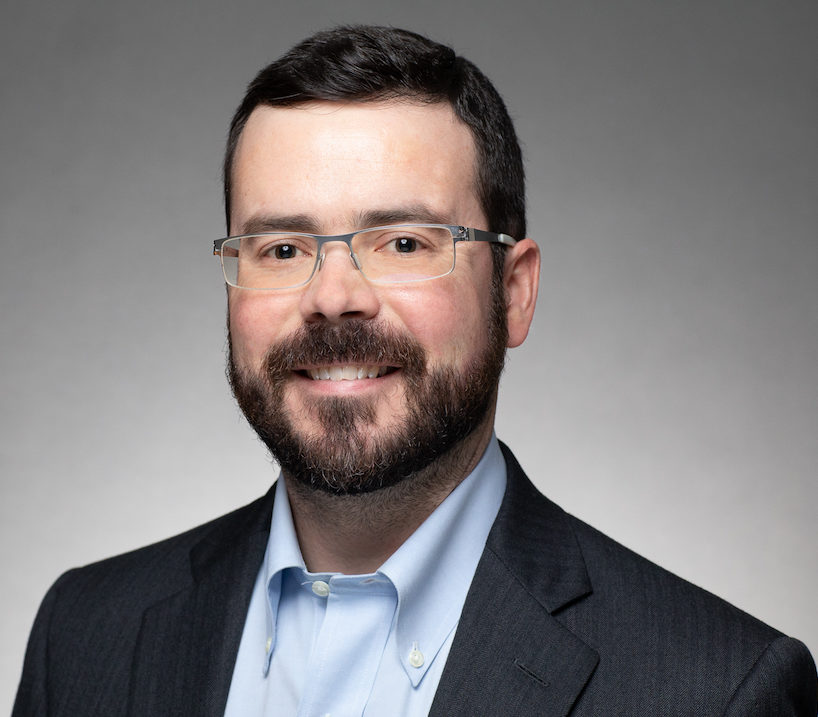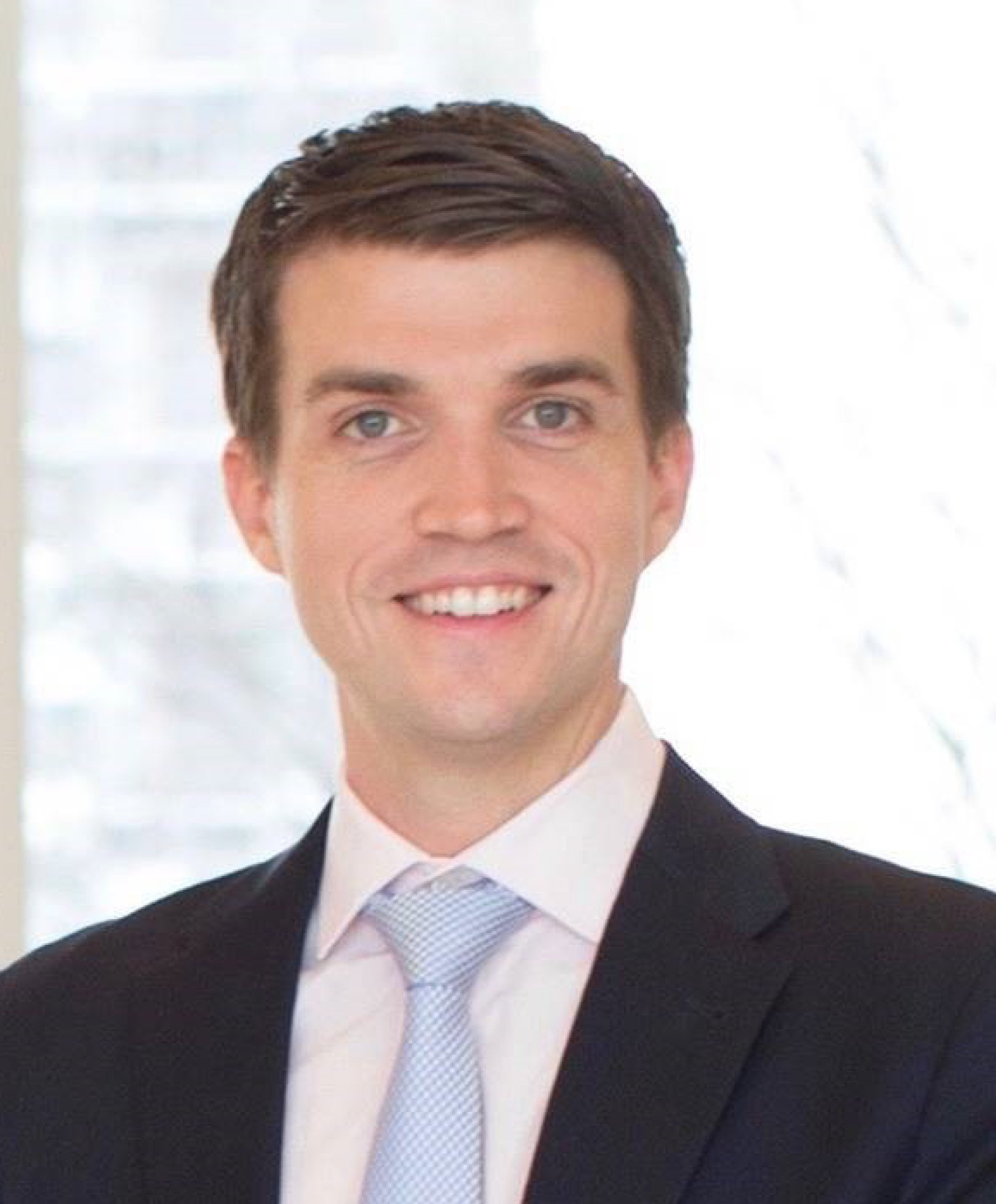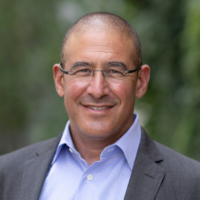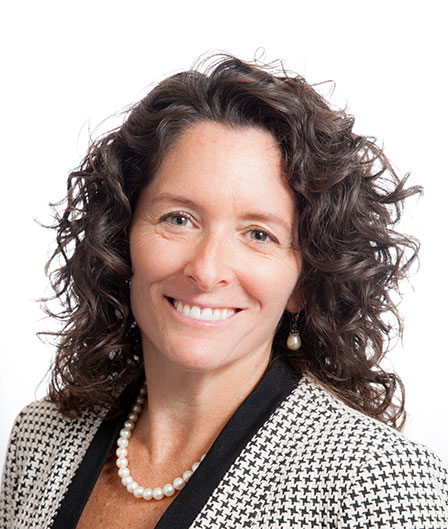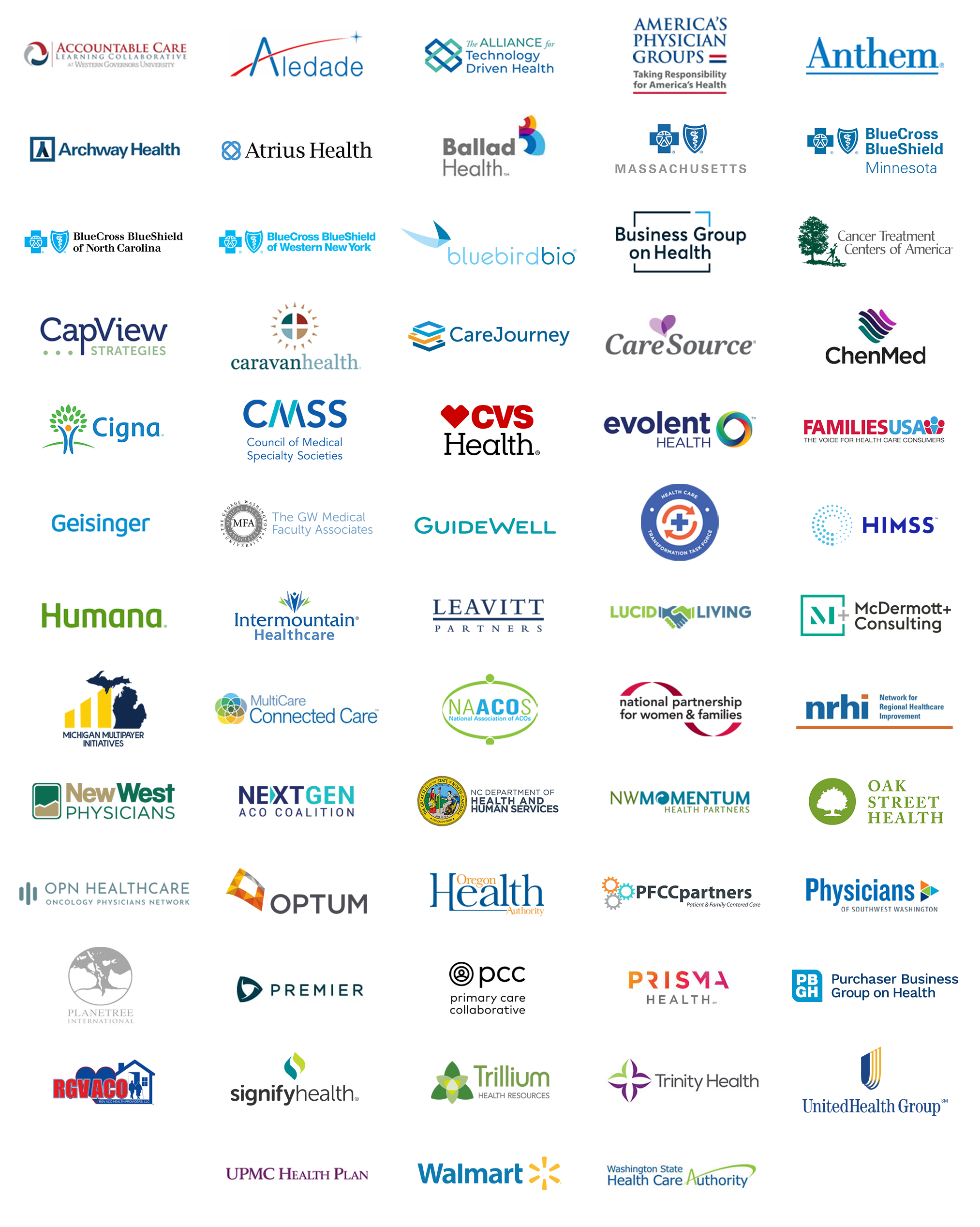LAN Learnings October 2015 Q&A
- October 15, 2015
- Posted by: Health Care Payment Learning & Action Network
- Categories: LAN Webinar Q&As, Webinars
October 15, 2015
Co-presenters answer participants’ questions on innovative approaches to payment reform for low-income and vulnerable populations in the state of New Jersey that were not answered during the webinar.
In our experience at the Camden Coalition of Healthcare Providers, we work with many complex patients with high numbers of ACEs. We have had a lot of success working with them because we take the time and approach required to develop a genuine healing relationship. This includes approaching patients with unconditional positive regard, deploying techniques such as motivational interviewing and harm reduction philosophies, and limiting caseloads to enable staff to invest in relationships and overcome individual barriers to their trust. Here is a link to a poster, and a peer reviewed article on the same topic is forthcoming.
There is no government financing of the ACOs at present, and participation in managed care organizations (MCOs) is voluntary. Camden has two MCO contracts that include upfront payments and the potential for shared savings. New Jersey received approval from the Federal Trade Commision (FTC) to take advantage of the state action doctrine exemption to anti-trust law. It also included the ACO Demonstration Project in its 1115 waiver, which was approved in 2012.
These are not subject to shared savings since they would occur regardless of ACO activity.
There is no uniform payment to the ACOs. It is a voluntary program that each MCO can choose to contract with or not. At present, the Camden Coalition has contracts with two MCOs (UnitedHealthcare and Horizon NJ Health), both of which include upfront payments for care coordination services and the opportunity for shared savings.
United also has shared savings arrangements with federally qualified health centers (FQHCs), like CAMCare (which was highlighted in the webinar), that include a PMPM and shared savings.
No. At present, none of the ACOs are providing Services for which they can bill fee-for-service.
Ninety-five percent of New Jersey Medicaid recipients are enrolled in an MCO. MCO participation is really crucial.
Rutgers Center for State Health Policy (CSHP) has proposed a risk adjustment methodology using the Chronic Illness and Disability Payment System (CDPS). This does adjust for having a prior history of psychiatric or substance abuse diagnosis. It does not account for social determinants.
We do not have plans to speak with patients. This would provide important insights, but would be too resource-intensive. Instead, we will conduct a very focused analysis of processes and other activities at the provider level.
This was the most challenging requirement and the one that several applicants failed to met. Those that met the requirement have organizations that have been around for a number of years and have long engaged primary-care providers. The Camden Coalition began as a primary-care provider breakfast group 13 years ago and has been working alongside the city’s primary-care providers for many years. The number of independent primary-care physicians (PCPs) has fallen; most are affiliated with one of the three major health systems or two FQHCs that are part of the Camden Coalition.

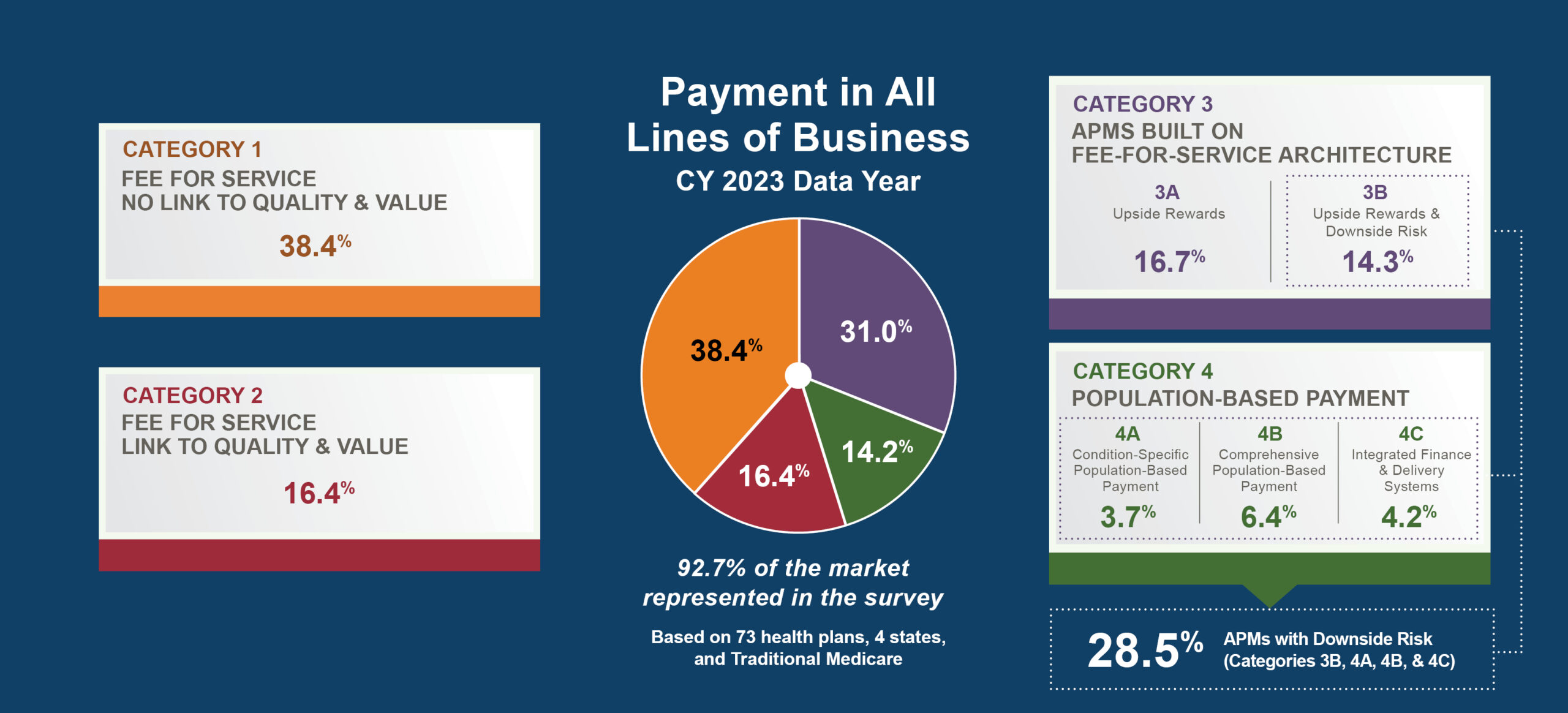

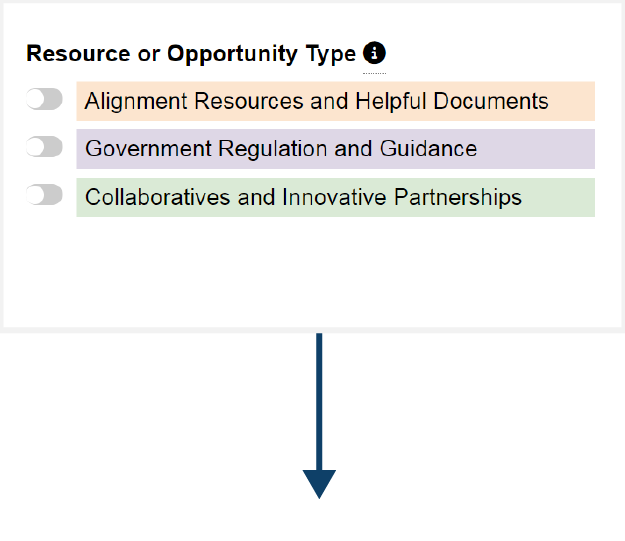
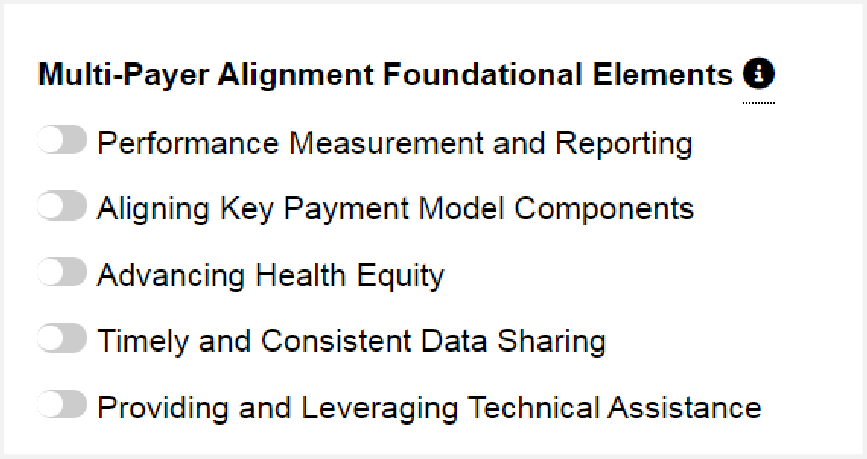
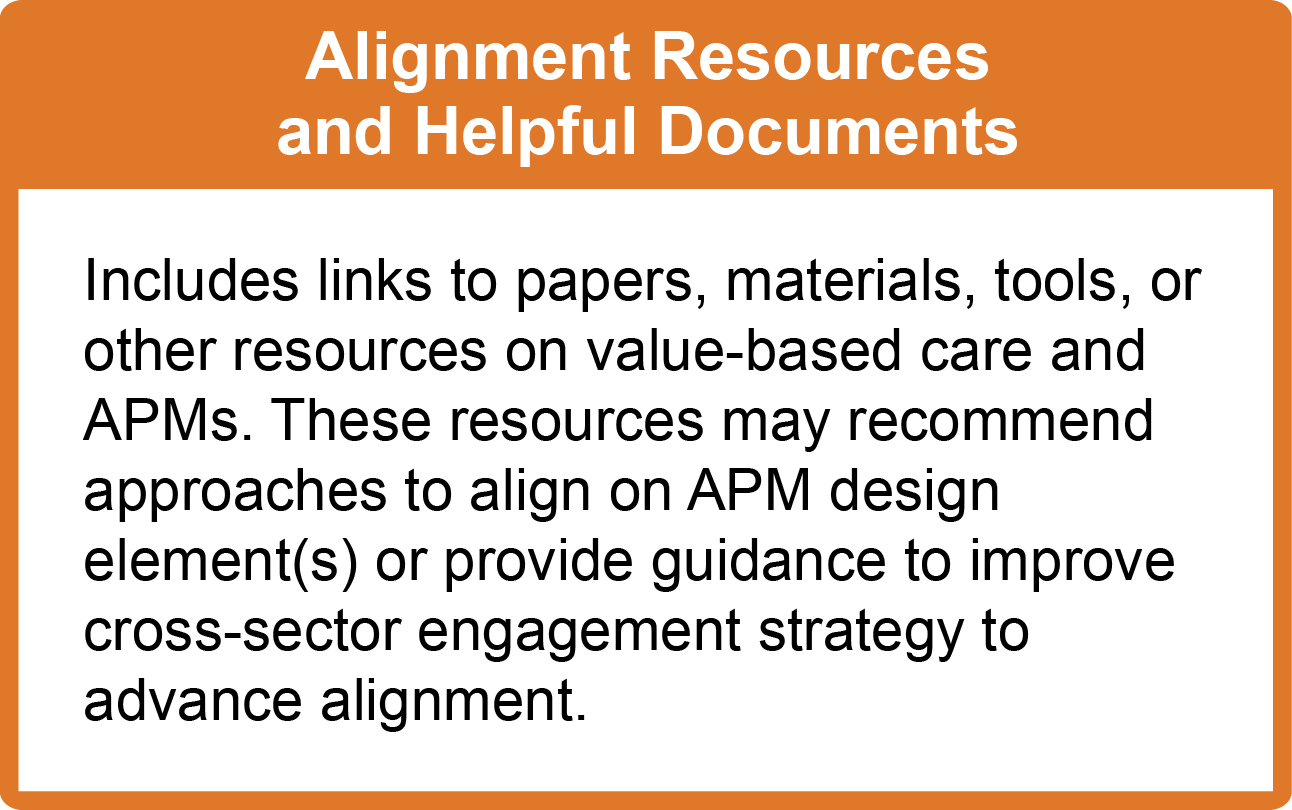
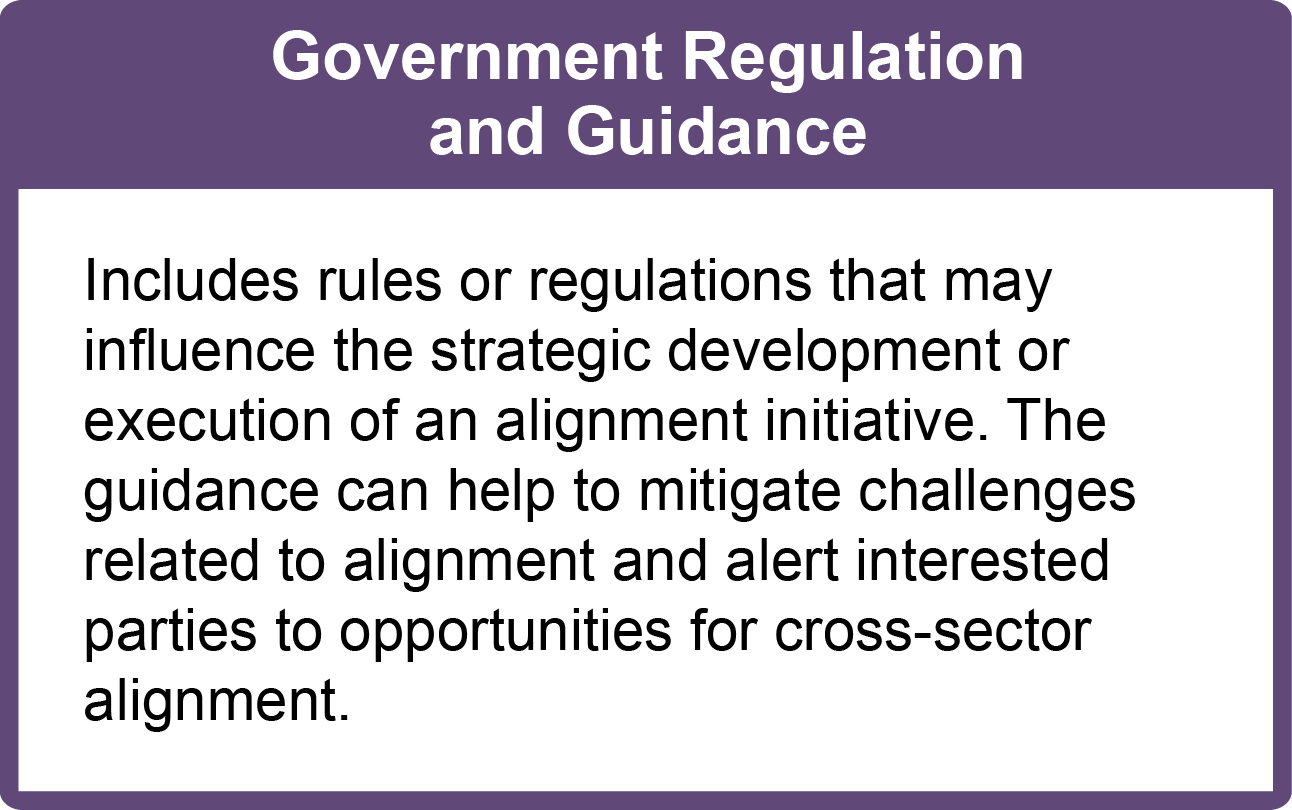
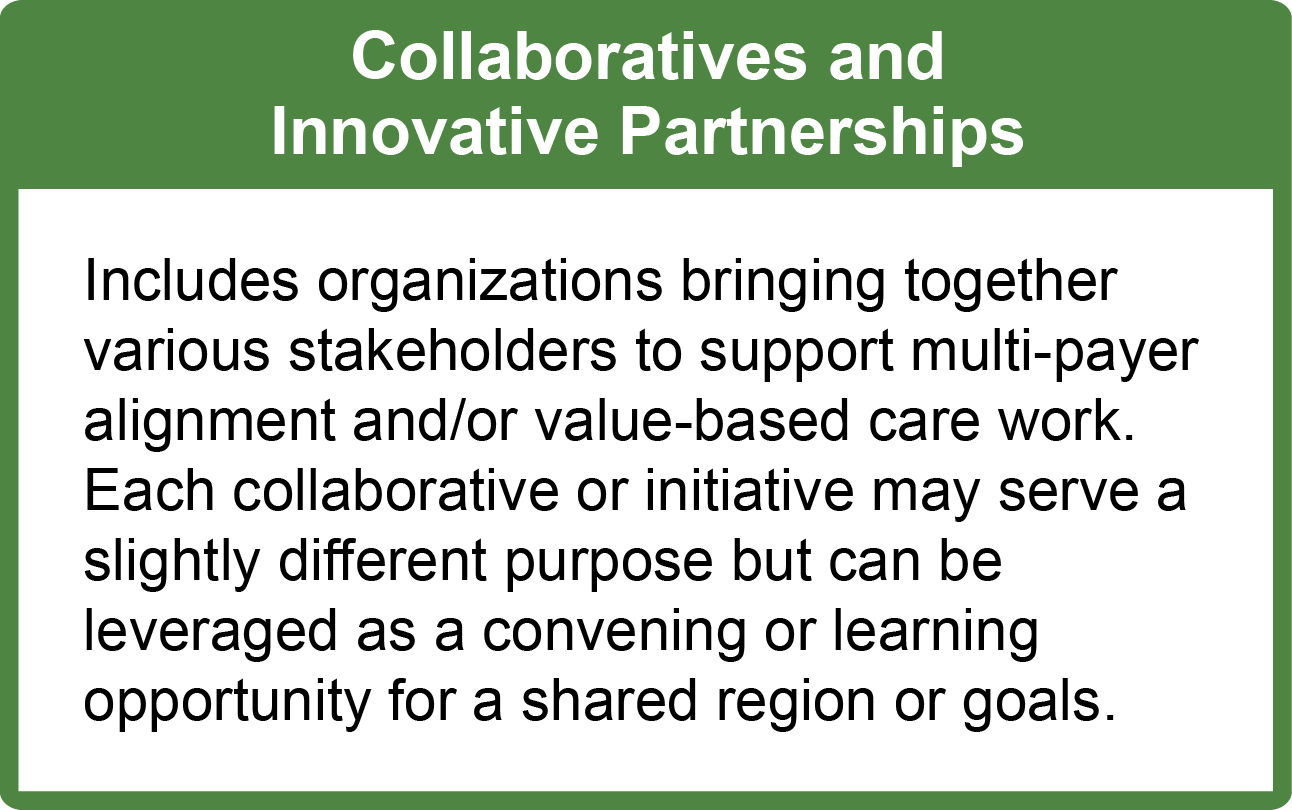

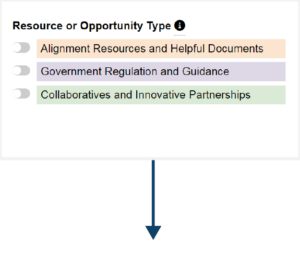
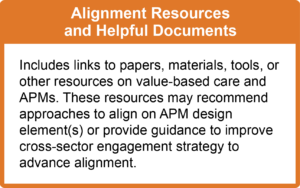
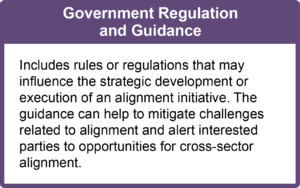
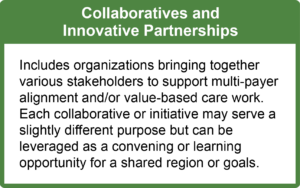
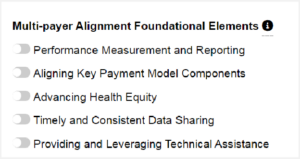
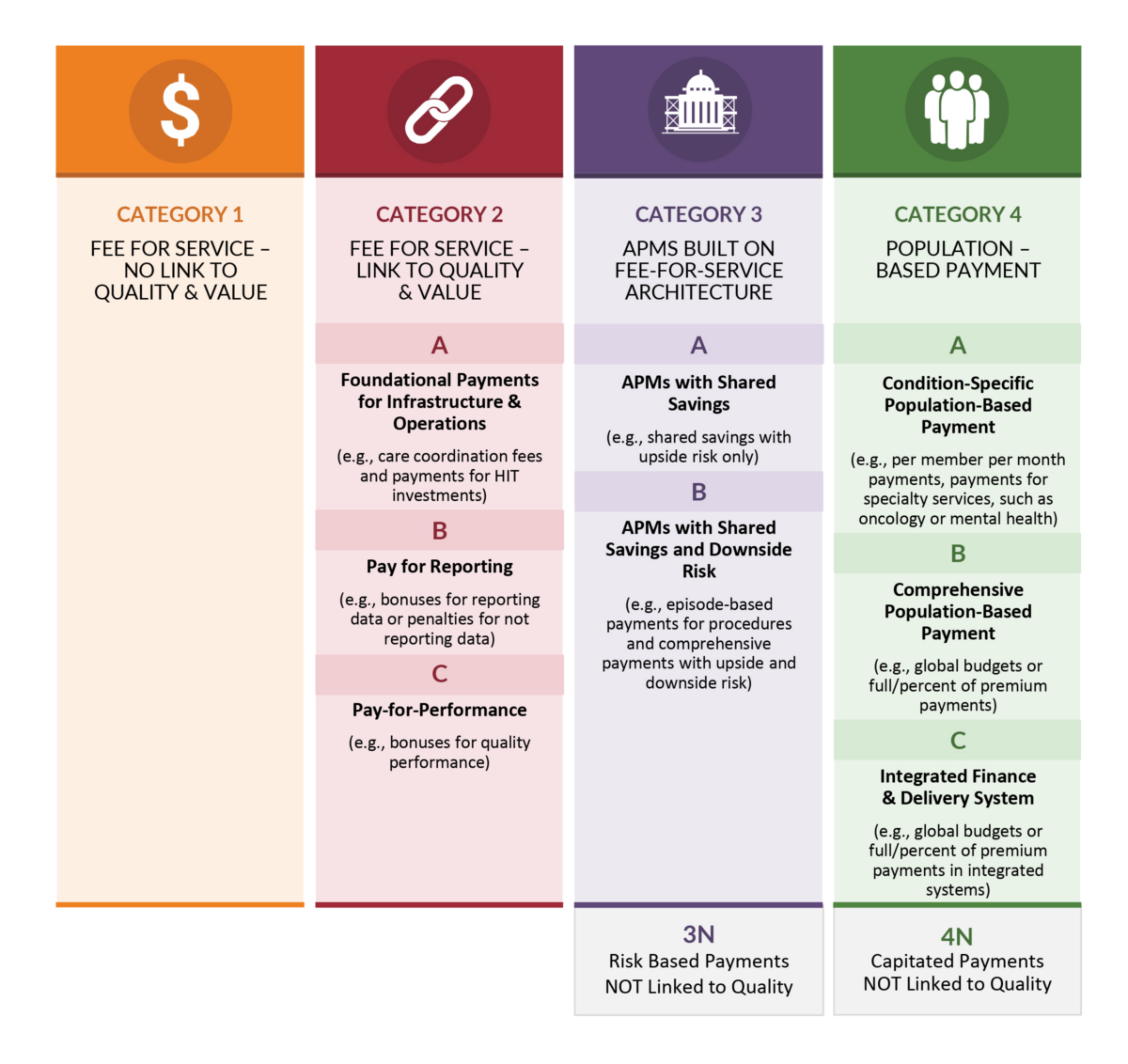
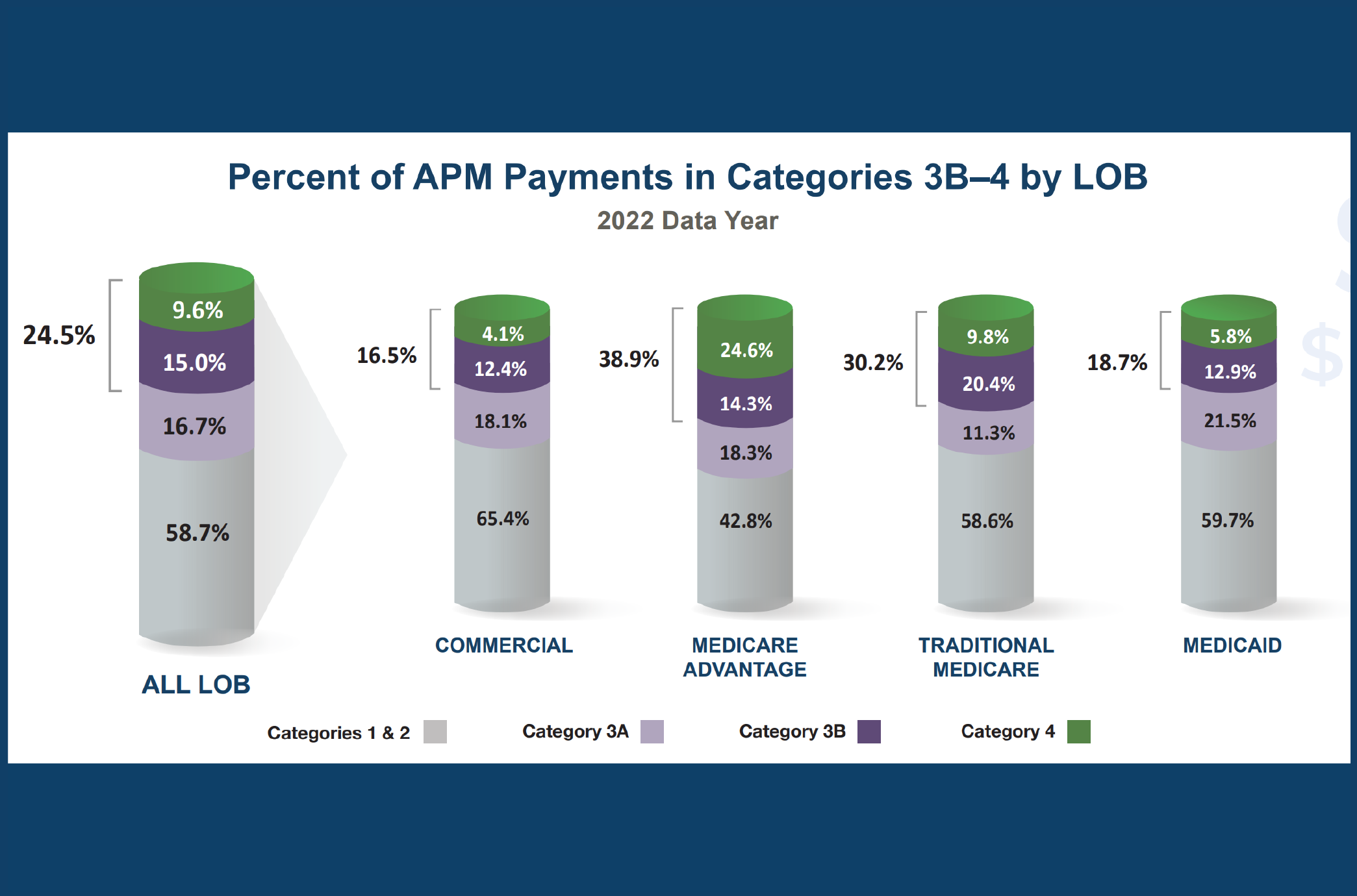
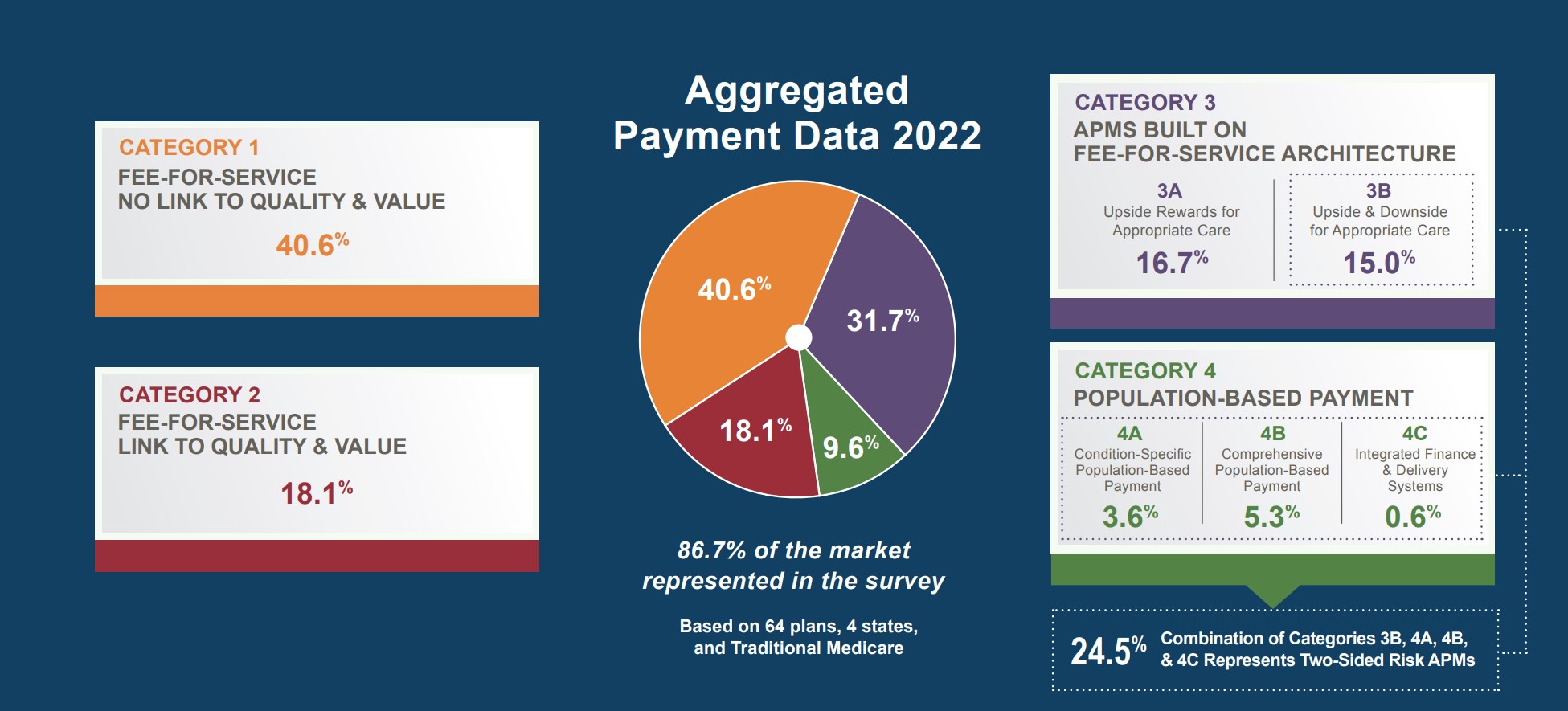
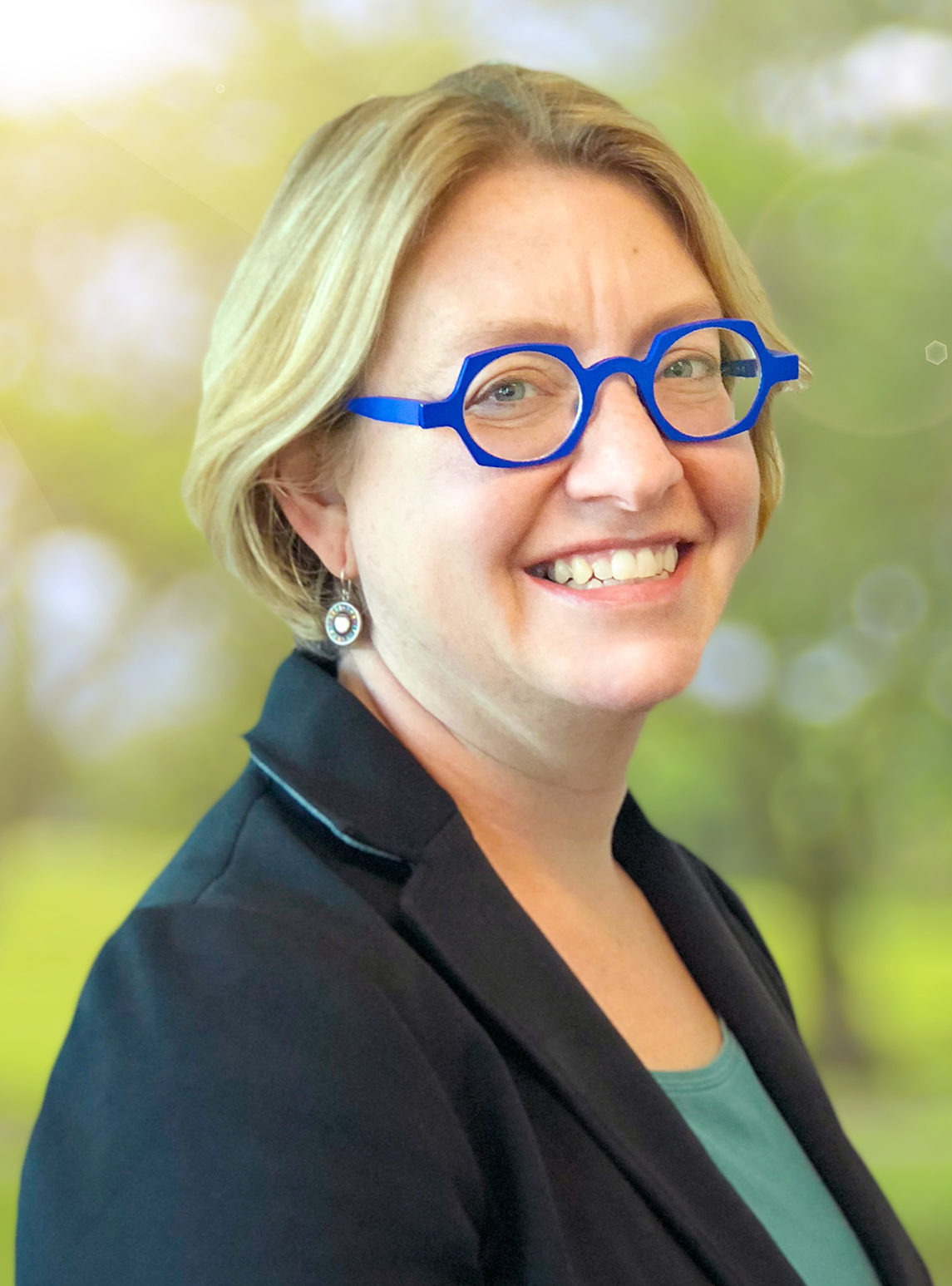
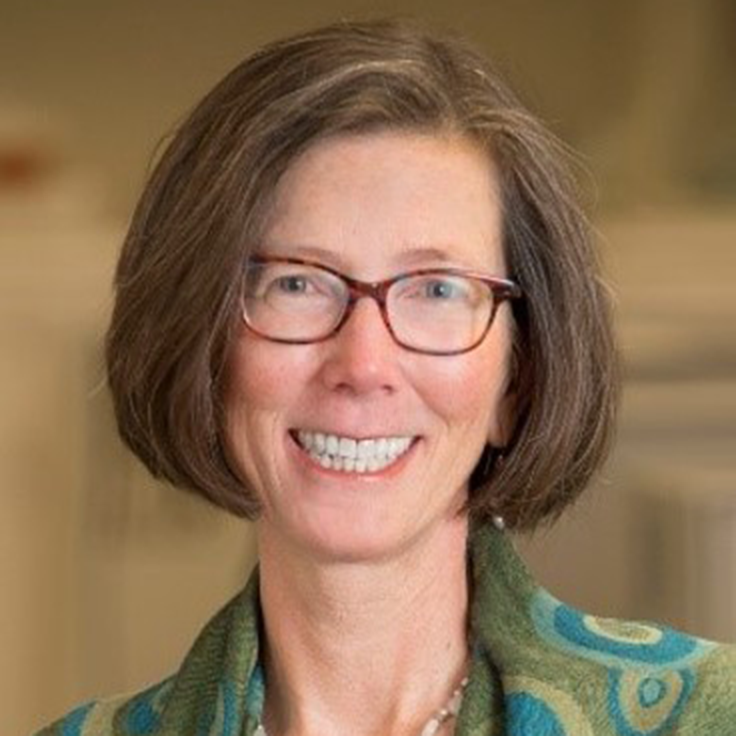 Emily DuHamel Brower, M.B.A., is senior vice president of clinical integration and physician services for Trinity Health. Emphasizing clinical integration and payment model transformation, Ms. Brower provides strategic direction related to the evolving accountable healthcare environment with strong results. Her team is currently accountable for $10.4B of medical expense for 1.6M lives in Medicare Accountable Care Organizations (ACOs), Medicare Advantage, and Medicaid and Commercial Alternative Payment Models.
Emily DuHamel Brower, M.B.A., is senior vice president of clinical integration and physician services for Trinity Health. Emphasizing clinical integration and payment model transformation, Ms. Brower provides strategic direction related to the evolving accountable healthcare environment with strong results. Her team is currently accountable for $10.4B of medical expense for 1.6M lives in Medicare Accountable Care Organizations (ACOs), Medicare Advantage, and Medicaid and Commercial Alternative Payment Models. Mr. James Sinkoff is the Deputy Executive Officer and Chief Financial Officer for Sun River Health (formerly known as Hudson River HealthCare), and the Chief Executive Officer of Solutions 4 Community Health (S4CH); an MSO serving FQHCs and private physician practices.
Mr. James Sinkoff is the Deputy Executive Officer and Chief Financial Officer for Sun River Health (formerly known as Hudson River HealthCare), and the Chief Executive Officer of Solutions 4 Community Health (S4CH); an MSO serving FQHCs and private physician practices.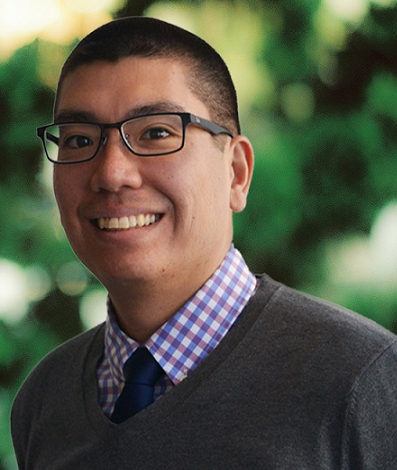 Victor is the Chief Medical Officer for TennCare, Tennessee’s Medicaid Agency. At TennCare, Victor leads the medical office to ensure quality and effective delivery of medical, pharmacy, and dental services to its members. He also leads TennCare’s opioid epidemic strategy, social determinants of health, and practice transformation initiatives across the agency. Prior to joining TennCare, Victor worked at Evolent Health supporting value-based population health care delivery. In 2013, Victor served as a White House Fellow to the Secretary of Health and Human Services. Victor completed his Internal Medicine Residency at Emory University still practices clinically as an internist in the Veteran’s Affairs Health System.
Victor is the Chief Medical Officer for TennCare, Tennessee’s Medicaid Agency. At TennCare, Victor leads the medical office to ensure quality and effective delivery of medical, pharmacy, and dental services to its members. He also leads TennCare’s opioid epidemic strategy, social determinants of health, and practice transformation initiatives across the agency. Prior to joining TennCare, Victor worked at Evolent Health supporting value-based population health care delivery. In 2013, Victor served as a White House Fellow to the Secretary of Health and Human Services. Victor completed his Internal Medicine Residency at Emory University still practices clinically as an internist in the Veteran’s Affairs Health System. Dr. Brandon G. Wilson, DrPH, MHA (he, him, his) joined Community Catalyst as the Director of the Center for Consumer Engagement in Health Innovation, where he leads the Center in bringing the community’s experience to the forefront of health systems transformation and health reform efforts, in order to deliver better care, better value and better health for every community, particularly vulnerable and historically underserved populations. The Center works directly with community advocates around the country to increase the skills and power they have to establish an effective voice at all levels of the health care system. The Center collaborates with innovative health plans, hospitals and providers to incorporate communities and their lived experience into the design of systems of care. The Center also works with state and federal policymakers to spur change that makes the health system more responsive to communities. And it provides consulting services to health plans, provider groups and other health care organizations to help them create meaningful structures for engagement with their communities.
Dr. Brandon G. Wilson, DrPH, MHA (he, him, his) joined Community Catalyst as the Director of the Center for Consumer Engagement in Health Innovation, where he leads the Center in bringing the community’s experience to the forefront of health systems transformation and health reform efforts, in order to deliver better care, better value and better health for every community, particularly vulnerable and historically underserved populations. The Center works directly with community advocates around the country to increase the skills and power they have to establish an effective voice at all levels of the health care system. The Center collaborates with innovative health plans, hospitals and providers to incorporate communities and their lived experience into the design of systems of care. The Center also works with state and federal policymakers to spur change that makes the health system more responsive to communities. And it provides consulting services to health plans, provider groups and other health care organizations to help them create meaningful structures for engagement with their communities.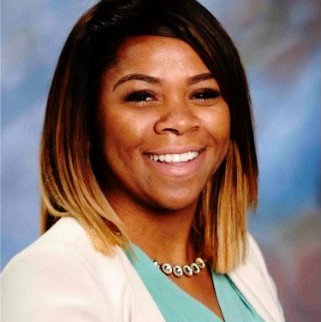 Tamara Ward is the SVP of Insurance Business Operations at Oscar Health, where she leads the National Network Contracting Strategy and Market Expansion & Readiness. Prior to Oscar she served as VP of Managed Care & Network Operations at TriHealth in Southwest Ohio. With over 15 years of progressive health care experience, she has been instrumental driving collaborative payer provider strategies, improving insurance operations, and building high value networks through her various roles with UHC and other large provider health systems. Her breadth and depth of experience and interest-based approach has allowed her to have success solving some of the most complex issues our industry faces today. Tam is passionate about driving change for marginalized communities, developing Oscar’s Culturally Competent Care Program- reducing healthcare disparities and improving access for the underserved population. Tamara holds a B.A. from the University of Cincinnati’s and M.B.A from Miami University.
Tamara Ward is the SVP of Insurance Business Operations at Oscar Health, where she leads the National Network Contracting Strategy and Market Expansion & Readiness. Prior to Oscar she served as VP of Managed Care & Network Operations at TriHealth in Southwest Ohio. With over 15 years of progressive health care experience, she has been instrumental driving collaborative payer provider strategies, improving insurance operations, and building high value networks through her various roles with UHC and other large provider health systems. Her breadth and depth of experience and interest-based approach has allowed her to have success solving some of the most complex issues our industry faces today. Tam is passionate about driving change for marginalized communities, developing Oscar’s Culturally Competent Care Program- reducing healthcare disparities and improving access for the underserved population. Tamara holds a B.A. from the University of Cincinnati’s and M.B.A from Miami University.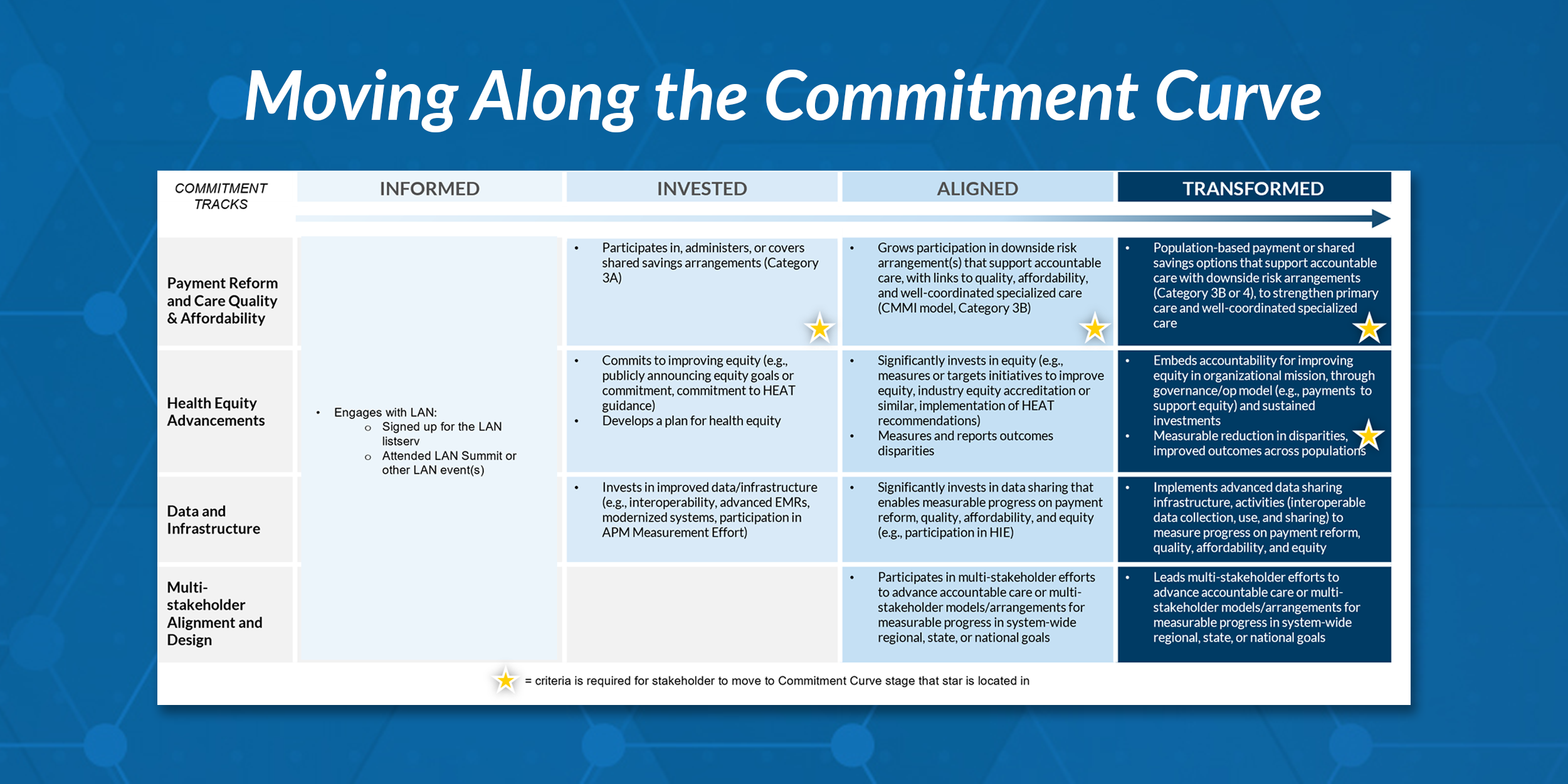
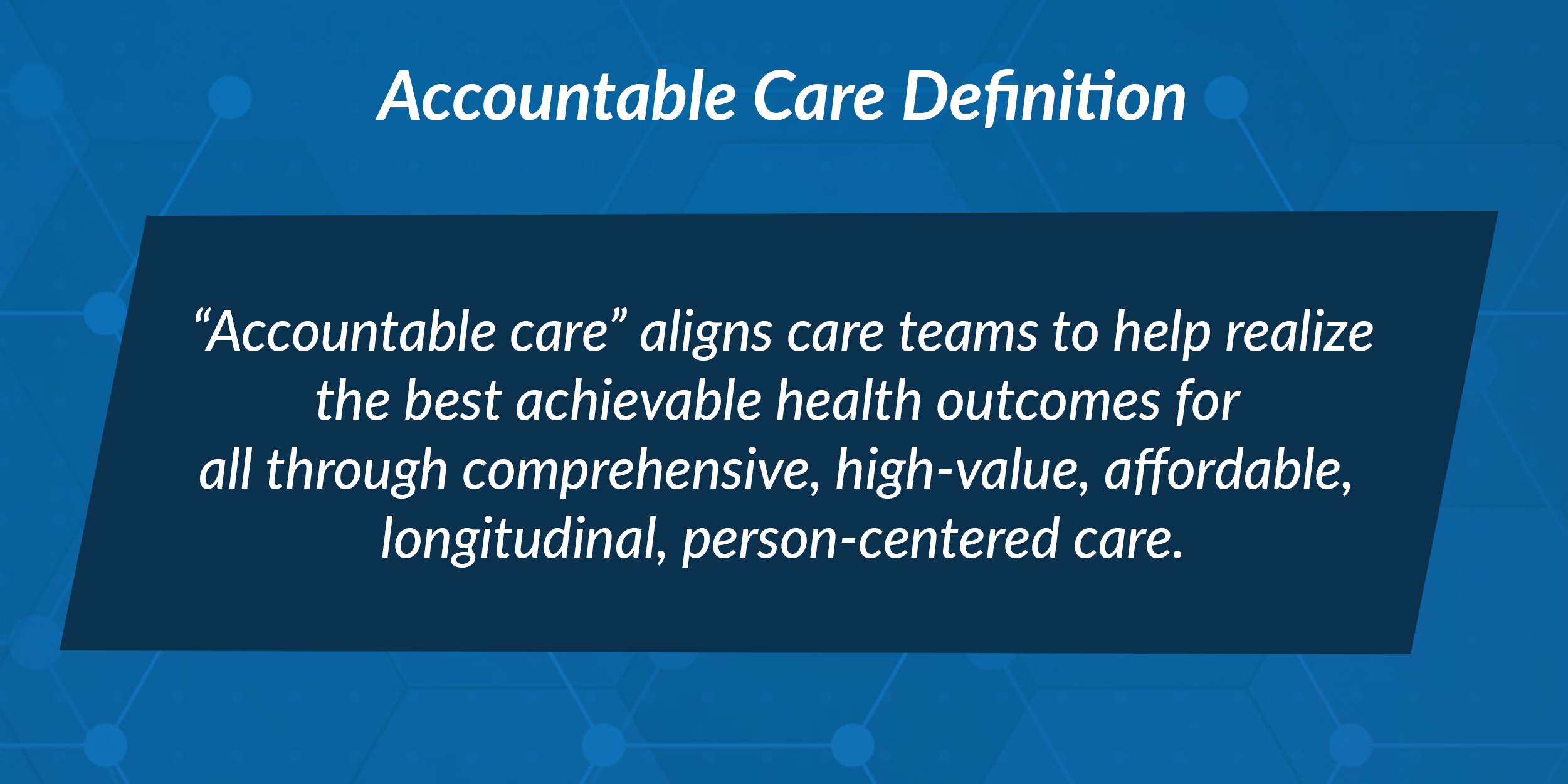
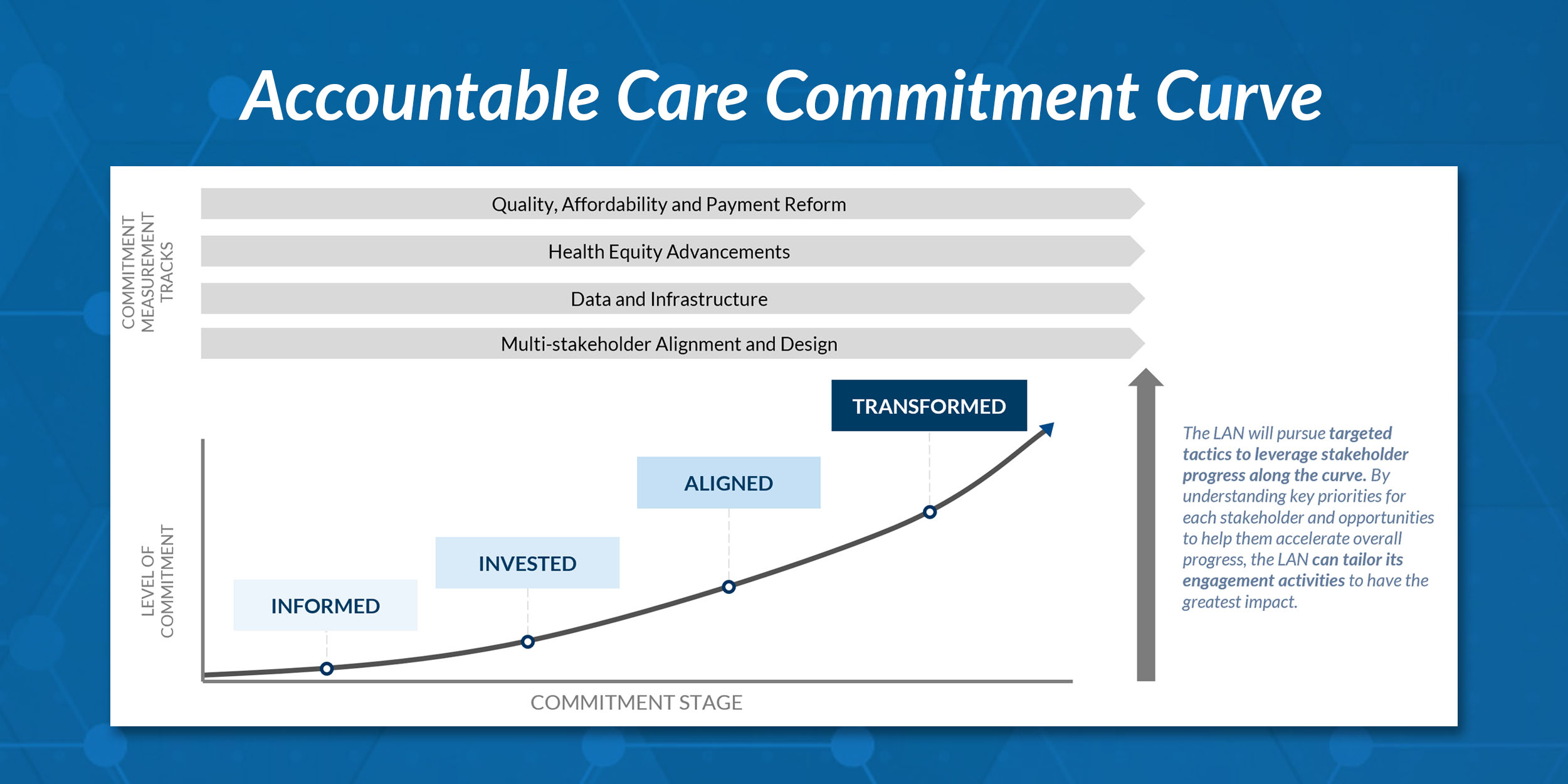
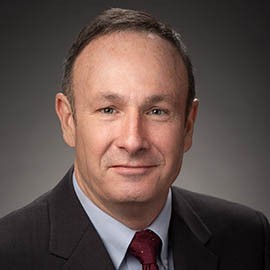 Dr. Peter Walsh joined the Colorado Department of Health Care Policy and Financing as the Chief Medical Officer on December 1, 2020. Prior to joining HCPF, Dr. Walsh served as a Hospital Field Representative/Surveyor at the Joint Commission, headquartered in Oakbrook Terrace, Illinois.
Dr. Peter Walsh joined the Colorado Department of Health Care Policy and Financing as the Chief Medical Officer on December 1, 2020. Prior to joining HCPF, Dr. Walsh served as a Hospital Field Representative/Surveyor at the Joint Commission, headquartered in Oakbrook Terrace, Illinois.

